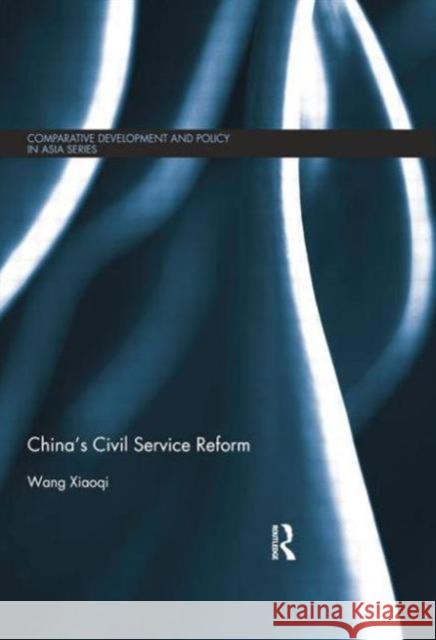China's Civil Service Reform » książka
China's Civil Service Reform
ISBN-13: 9781138815599 / Angielski / Miękka / 2014 / 192 str.
China's Civil Service Reform
ISBN-13: 9781138815599 / Angielski / Miękka / 2014 / 192 str.
(netto: 255,98 VAT: 5%)
Najniższa cena z 30 dni: 246,78
ok. 16-18 dni roboczych.
Darmowa dostawa!
A market economy and a more liberal society have brought great challenges to China's outdated governance structure and personnel management. To improve decision-making in government and reshape the management system in face of a more complex economy, post-Mao authorities have implemented a number of administrative reforms, including civil service reform which emphasized on selecting and promoting public officials based on their capability and work performance. Thousands of positions have been filled since the civil service system was implemented nationwide in 1993. The Chinese civil service reform is of far-reaching significance because it had the potential to be a departure from the established structure of cadre personnel management system developed in the 1950s. However, after several years of policy development, scholars observe that the new reforms have done little to undermine the old cadre system. Is this true? Or does this conclusion over-simplify the complicated implementation of the reforms? This book examines the implementation and performance of the on-going civil service reforms in China.Using the principal-agent framework, the author draw upon key case studies showing how the reforms affect civil servants' incentives and behavior in the local context and the Chinese leadership's control over the bureaucracy. China's reform experience speaks directly to many Asian countries facing urgent need to improve state capacity as the global financial crisis unfolds.











